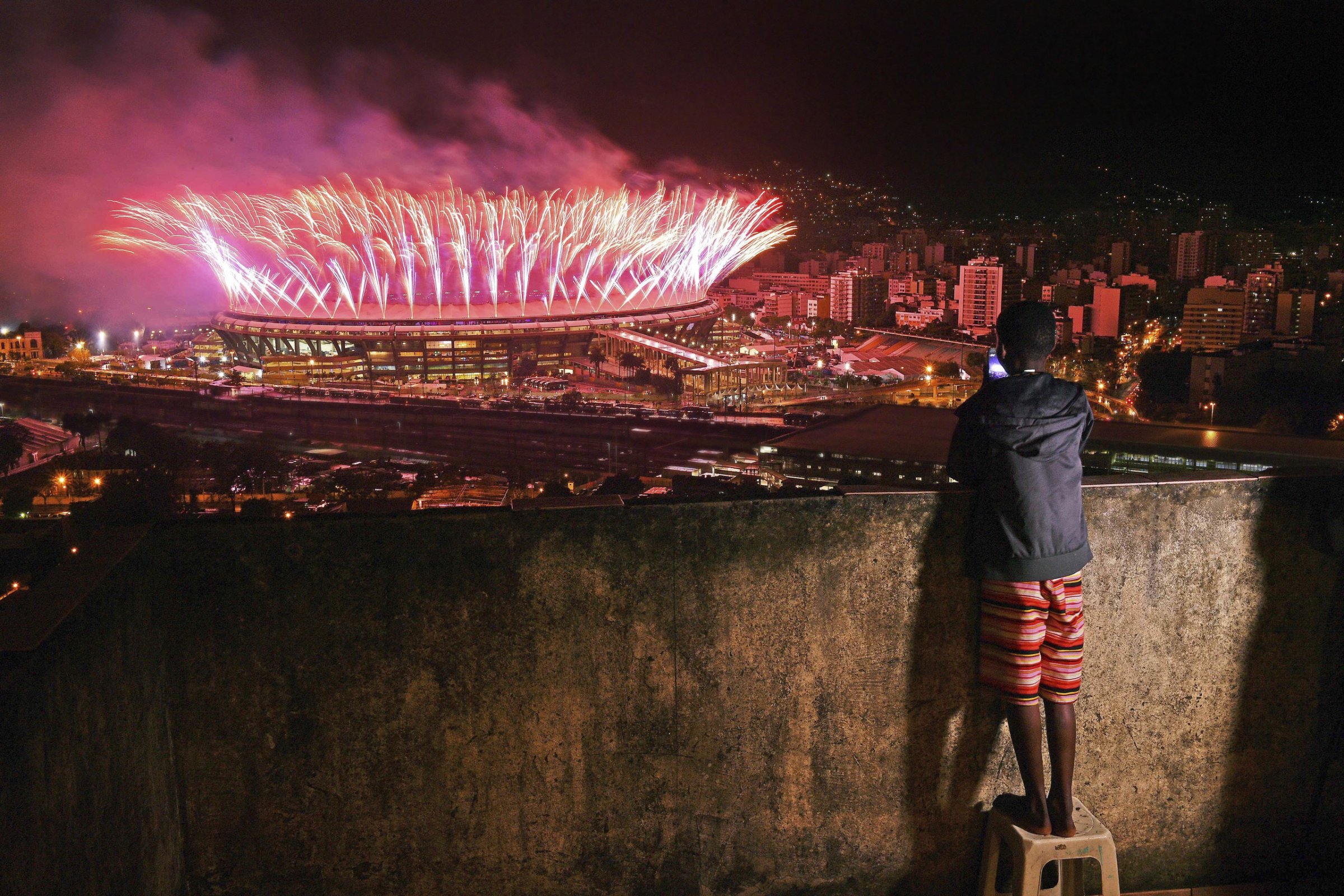
More than two weeks after thousands of athletes from every corner of the world poured into Rio de Janeiro’s Maracanã Stadium to open the first Olympics on South American soil, fireworks flew over the arena to bring the 2016 Games to a close. The 16 days in between were a heady mix of awe-inspiring achievements and thrilling contests, with a dollop of international scandal.
No one was more successful than Team USA, which racked up 121 medals, 46 of them gold, almost double the haul of second-place Great Britain. The host nation didn’t fare as well (its 19 medals put it in 13th place), but Brazil did win what it wanted most: gold in men’s soccer. That triumph was a highlight of a Games that will also be remembered for the rise of young stars like Simone Biles and Katie Ledecky and the curtain calls of legends Usain Bolt and Michael Phelps.
Their feats were briefly nudged aside by the strange saga of Ryan Lochte, whose story about being held up at gunpoint—-soon revealed as a fiction—-cast a pall over the Games and may well end his decorated career. More important, however, is what the legacy will be for the host city. The Olympics spurred a number of infrastructure projects in Rio, including a revitalized port and a $3 billion subway line, but the cost and utility for a city so financially strapped and profoundly segregated is unclear. Whether the gamble pays off for residents, like the boy at right, will be the truest measure of success.
–SEAN GREGORY/RIO DE JANEIRO
More Must-Reads From TIME
- The 100 Most Influential People of 2024
- The Revolution of Yulia Navalnaya
- 6 Compliments That Land Every Time
- What's the Deal With the Bitcoin Halving?
- If You're Dating Right Now , You're Brave: Column
- The AI That Could Heal a Divided Internet
- Fallout Is a Brilliant Model for the Future of Video Game Adaptations
- Want Weekly Recs on What to Watch, Read, and More? Sign Up for Worth Your Time
Write to Sean Gregory / Rio de Janiero at sean.gregory@time.com